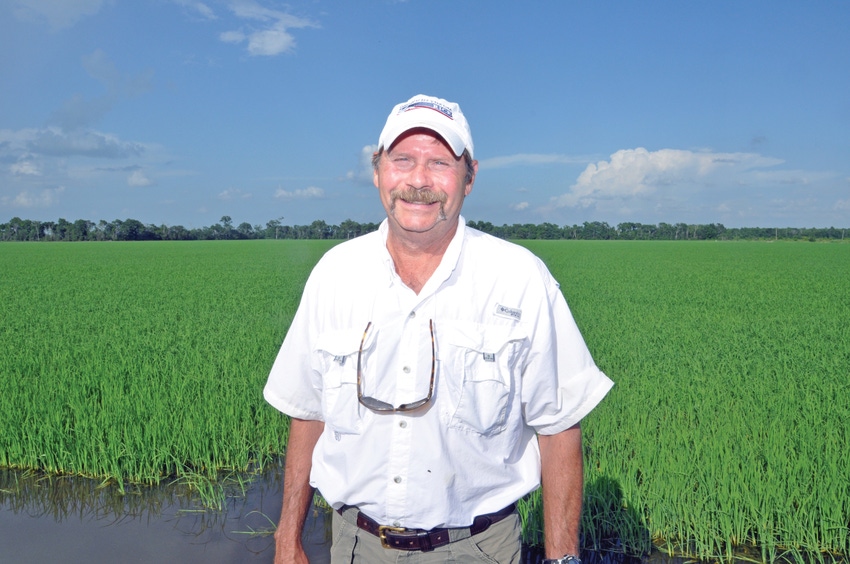
The U.S. rice industry has a story to tell about its contributions to wildlife, according to Alto, La., rice producer John Owen. The new conservation title of the new farm bill will help with that.
The Regional Conservation Partnership Program is an expanded approach to putting conservation efforts on land that will bring in new partners and leverage federal dollars with those from the private sector. It streamlines the four existing conservation programs.
“The USA Rice Federation and Ducks Unlimited already have a partnership coalition that recognizes the value of rice production,” Owen said. “Ducks Unlimited has figured out that without rice fields, duck populations are going to plummet. They do not want to see rice production acres drop.
“Ducks Unlimited is the largest conservation organization in the world. If we can get them to tell our story with us, that’s a big deal. That gets out to a lot of people. I think politically this is going to be a huge help.”
The USA Rice Federation’s Sustainability Task Force is another good story for the rice industry to tell, Owen said. He’s been working on the task force and with its chairwoman, Jennifer James, of Newport, Ark.
“That has been a fascinating committee. In the beginning, we really didn’t know how to define sustainability. We were afraid it would be forced upon us by the supply chain. But we knew if we didn’t start doing our own research, then somebody else would, and they would be dictating policy to us rather than us creating our own policies.”
Stay current on what’s happening in Mid-South agriculture: Subscribe to Delta Farm Press Daily.
Owen says the U.S. rice industry, “has an impressive track record for improving efficiency in water use, soil loss and fertilizer use. “According to Field to Market, The Alliance for Sustainable Agriculture, we’ve made tremendous strides in the last 30 years. We probably use one third of the water we used 30 years ago because of precision leveling, straight levees and zero grade fields.”
Owen’s rice farm around Alto is an ideal example of how a single producer can improve his environmental footprint, given the right circumstances. Almost 100 percent of the water used for rice irrigation on the farm comes from the Boeuf River and caught or recycled surface water. His irrigation system features a large reservoir, relift pumps and a tailwater recovery system. Check Rough Rice Futures Prices
While water in the Boeuf River is the color of cream coffee prior to being transferred to Owen’s farm for irrigation, “I can take you to the back of the rice field, and where I let the water out, it’s clear. The rice field is filtering the sediments out of the water, depositing them on my farm, building my soils.
While rice farming can be “stressful, it’s the greatest job in the world,” Owen adds. “Most people who are capable of running a farm in 2014 are capable of any vocation. If you have the cognitive skills to run a farm, you’re a pretty good businessman.”
About the Author(s)
You May Also Like






